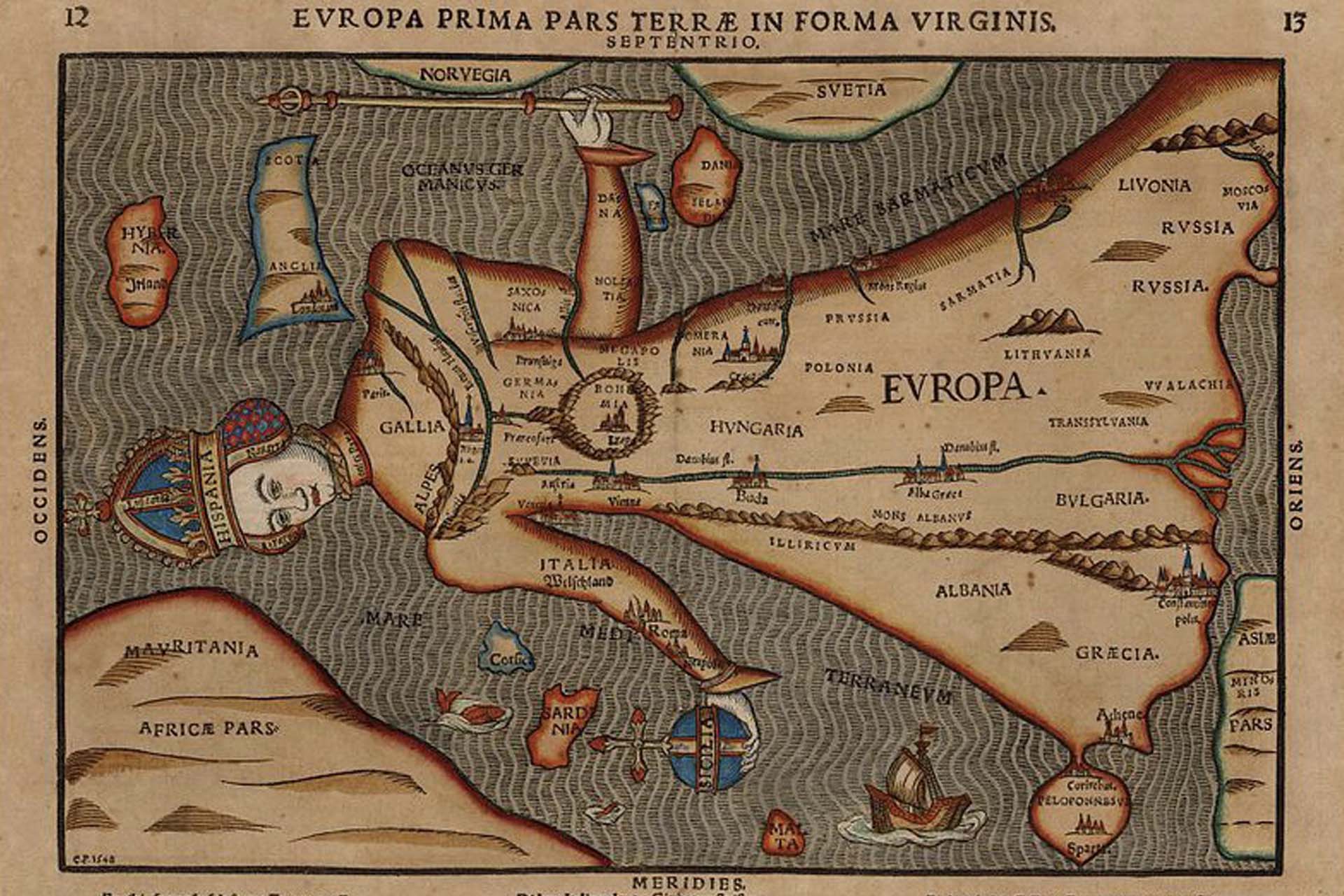Lecturer in Early Modern European History, Dr Suzanna Ivanic, has won a prestigious Arts and Humanities Research Council (AHRC) Research Networking Grant for her project ‘Connected Central European Worlds, c.1500-1700’.
The project brings together international scholars in academic institutions and museums to investigate how cross-border connections in early modern Central Europe shaped the culture, populations and development of the region. Central Europe has long been viewed as a multitude of sharply divided nations. Through material analysis of art, jewellery, and decorative objects, this network examines early modern people’s shared experiences across the vastly diverse cultural, ethnic, political, religious and linguistic landscapes of Bohemia, Poland-Lithuania, Hungary and Ruthenia.
Dr Ivanic shares, “The study of Central and Eastern European history requires highly demanding linguistic and archival skills that can take years to acquire. It is exciting to be able to bring together world-leading specialists in these areas to work together for the first time and generate new research that breaks out of national siloes. This research traces our entangled pasts and provides a timely interjection at a moment when constructed national historical narratives are on the rise across Europe.
Network participants/collaborators include:
- Assistant Professor Tomasz Grusiecki (Boise)
- Dr Olenka Pevny (Cambridge)
- Dr Rachel King (British Museum)
- Assistant Professor Robyn Radway (CEU)
- Professor Veronika Capska (Prague)
Advisors include:
- Professor Thomas DaCosta Kaufmann (Princeton)
- Professor Natalia Nowakowska (Oxford)
- Professor Howard Louthan (Minnesota)
You can keep up to date with the latest project on Twitter @EM_Central_Eu. You can also keep up to date with Suzanna’s latest work too over on Twitter @SuzannaIvanic.
Image credit: Heinrich Bünting, Itinerarium Sacrae Scripturae (1581) showing Bohemia as the heart of Europe. (c) Wikimedia

